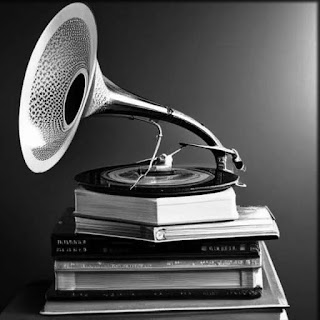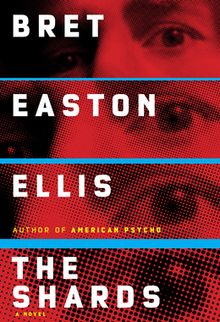With the invention of the phonograph by Thomas Edison in 1878, spoken word recordings began to emerge in the late 19th and early 1900s. However, the recordings on round cylinders were limited to 4 minutes on each cylinder. You would need the capacity of a large front room to hold one book . The flat plate records could hold up to 12 minutes, but unworkable for larger works. In the 1930s, closed groove records could hold up to 20 minutes of a longer narrative. In 1932 with the beginning of a recording studio by The American Foundation for the Blind, that produced recordings of books on vinyl records. Each side held about 15 minutes of speech. The following year, Congress authorised an amendment, giving an exemption from copyright. This allowed the Library of Congress to begin producing audiobooks for the Talking Books Program, which primarily assists WW1 veterans and other visually impaired adults. Two early recordings included William Shakespeare plays, and the chapter from Helen Keller's “Midstream” and Edgar Allan Poe's "The Raven". More recording companies slowly emerged, mostly to assist the blind. In 1955, the Listening Library became a major distributor for recorded books.
New technology spurred audiobook growth, with cassette tapes in the 1960s and compact discs in the 1980s. Waldenbooks installed “audio centres” in their book stores and the publishing houses Random House, Warner Publishing and Simon & Schuster opened audio publishing divisions.
Most public libraries in the 1970s up until the early 2000’s had audio sections, primarily cassette tapes and CD ROMS were also available.
As home computers were affordable, and each internet provider offered faster download speeds with broadband technologies, new compressed audio formats and portable media players, the popularity of audiobooks increased significantly during the late 1990s and 2000s. Audible.com was the first to be established through a website, in 1998, from which digital audiobooks could be purchased. Later in 2005 Montreal-based writer Hugh McGuire created LibriVox, which had and still does have a network of volunteer researchers and narrators across the globe. McGuire states, “"Can the net harness a bunch of volunteers to help bring books in the public domain to life through podcasting?" By the end of 2021, LibriVox had a catalogue of over 16,870 works.
New technology spurred audiobook growth, with cassette tapes in the 1960s and compact discs in the 1980s. Waldenbooks installed “audio centres” in their book stores and the publishing houses Random House, Warner Publishing and Simon & Schuster opened audio publishing divisions.
Most public libraries in the 1970s up until the early 2000’s had audio sections, primarily cassette tapes and CD ROMS were also available.
As home computers were affordable, and each internet provider offered faster download speeds with broadband technologies, new compressed audio formats and portable media players, the popularity of audiobooks increased significantly during the late 1990s and 2000s. Audible.com was the first to be established through a website, in 1998, from which digital audiobooks could be purchased. Later in 2005 Montreal-based writer Hugh McGuire created LibriVox, which had and still does have a network of volunteer researchers and narrators across the globe. McGuire states, “"Can the net harness a bunch of volunteers to help bring books in the public domain to life through podcasting?" By the end of 2021, LibriVox had a catalogue of over 16,870 works.
An example according to Esquire magazine...Most Popular Audio Books of All Time








0 Comments
Please feel free to send me suggestions especially if you have just recently published a book in either hard copy or e-book.